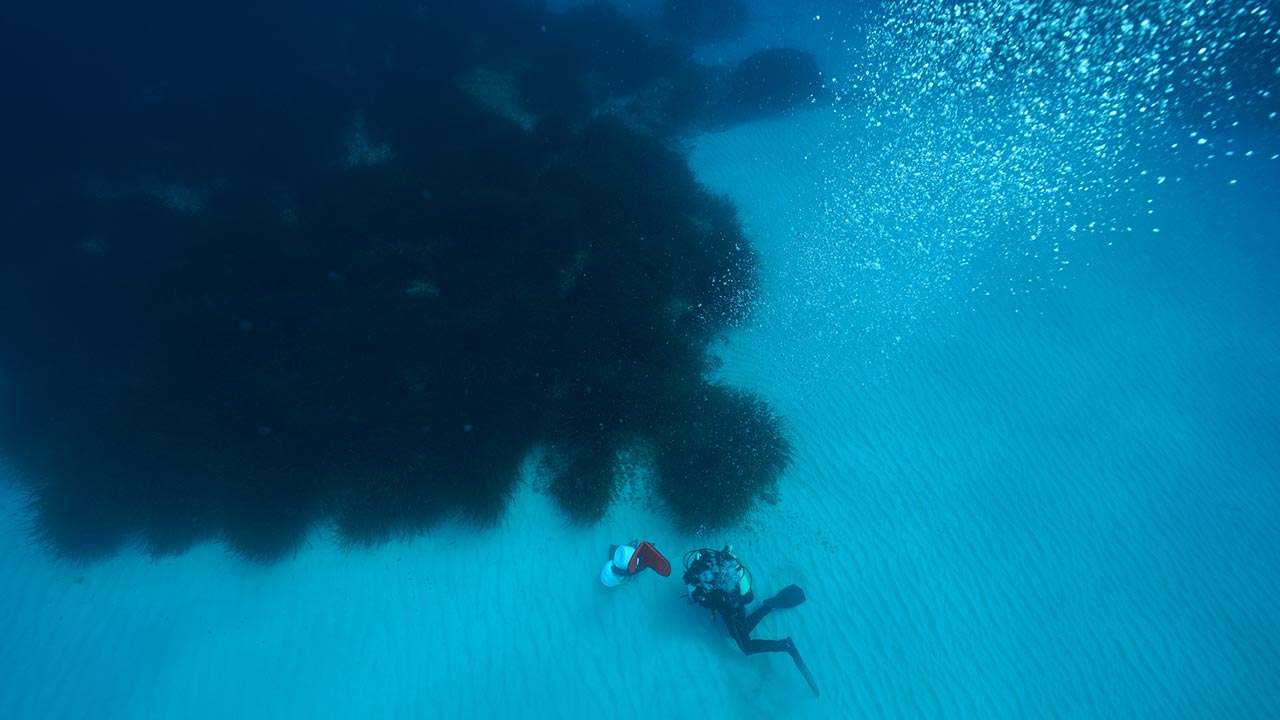Deforestation and fertilizer change water ecosystems
Aquatic plants that use hydrogen carbonate as a carbon source are increasingly displacing those that use carbon dioxide.

Carbon dioxide is rarely readily available in water. Some aquatic plants therefore find it difficult to meet their carbon requirements by photosynthesis using carbon dioxide - the normal method for land plants. They use hydrogen carbonate as a supplement or alternative for the photosynthesis reaction. Ecologists at the University of Duisburg-Essen have now discovered that the distribution of these two plant groups is changing in favor of hydrogen carbonate users.
Geology more influential than climate
In the scientific journal "Science", the researchers report on their analysis of numerous freshwater ecosystems. They found that the availability of carbon dioxide and hydrogen carbonate is a decisive factor in determining which plant communities grow in a freshwater ecosystem. In contrast to land plants, climatic factors such as temperature and precipitation are generally not the decisive factors, but rather the geochemistry of the water areas.
Exception: water streams
"The distribution of aquatic plants in lakes is determined worldwide by the geochemistry of water bodies," explains environmental scientist Sebastian Birk of the University of Duisburg-Essen. "The more hydrogen carbonate there is in the water, the more hydrogen carbonate users there are among the aquatic plants." One exception, however, is running water - presumably because the carbon dioxide is constantly being recharged as a result of the water flow.
Increase in basic aquatic habitats
However, researchers have also observed that the proportion of less acidic waters - richer in basic hydrogen carbonate than in acidic carbon dioxide - has increased. This is accompanied by an increase in hydrogen carbonate-using plants, which changes the respective freshwater ecosystems. And with the loss of carbon dioxide plants, other species that need them as habitats are also disappearing.
Human influence responsible
Naturally, water in the environment of alkaline rock is rich in hydrogen carbonate. But the use of fertilizer and lime as well as deforestation also leads to hydrogen carbonate accumulating in the water. Birk sees these human influences as the explanation for the observed changes: " As a result, the aquatic plants that cannot use hydrogen carbonate will probably be further displaced and with them the special habitats that they form."
bl/um


